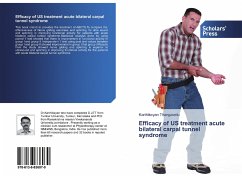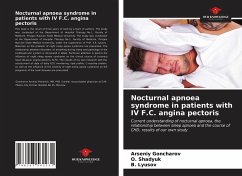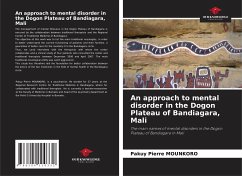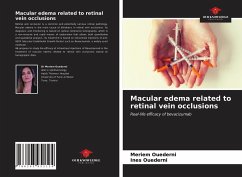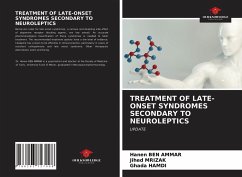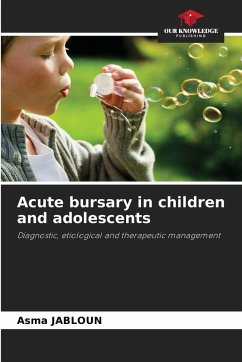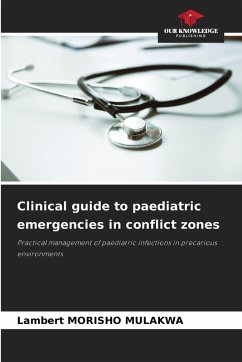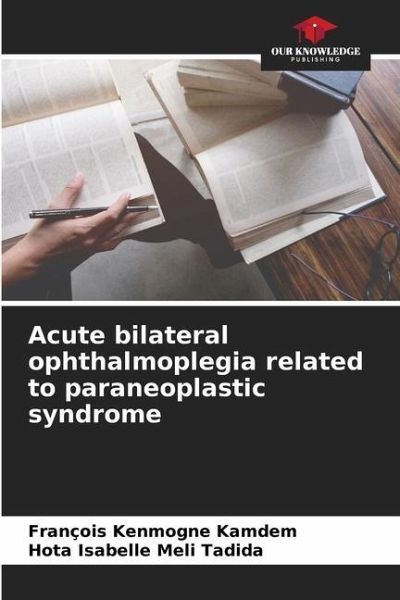
Acute bilateral ophthalmoplegia related to paraneoplastic syndrome
Versandkostenfrei!
Versandfertig in 6-10 Tagen
27,99 €
inkl. MwSt.

PAYBACK Punkte
14 °P sammeln!
There are various etiologies of ophthalmoplegia. Among these, a paraneoplastic syndrome should not be overlooked. We report on a patient with no history of neoplasia who presented with binocular diplopia associated with a cerebellar syndrome. The evolution is marked two days later by the involvement of the oculomotor nerves. Neurophysiological, ophthalmological and biological investigations came back normal. The circumstances in which the ophthalmoplegia occurred guided the etiological diagnosis. Given the clinical and paraclinical results, the diagnostic hypotheses of DEVIC disease and Miller...
There are various etiologies of ophthalmoplegia. Among these, a paraneoplastic syndrome should not be overlooked. We report on a patient with no history of neoplasia who presented with binocular diplopia associated with a cerebellar syndrome. The evolution is marked two days later by the involvement of the oculomotor nerves. Neurophysiological, ophthalmological and biological investigations came back normal. The circumstances in which the ophthalmoplegia occurred guided the etiological diagnosis. Given the clinical and paraclinical results, the diagnostic hypotheses of DEVIC disease and Miller Fischer syndrome were discussed. The latter was retained in view of the demonstration of the "anti Leucine rich glioma inactivated 1" antibody in the cerebrospinal fluid. After failure of corticosteroid therapy, a protocol of immunoglobulin treatment was instituted with a clinical evaluation at three months which showed a good evolution. This case highlights the diagnostic complexity of theneurological paraneoplastic syndrome, a rare entity that remains poorly known today by health professionals due to its diverse clinical presentations.



